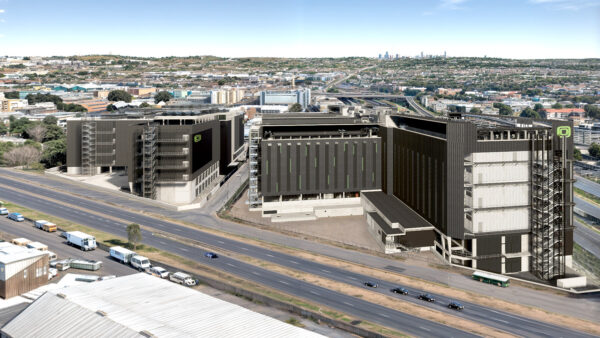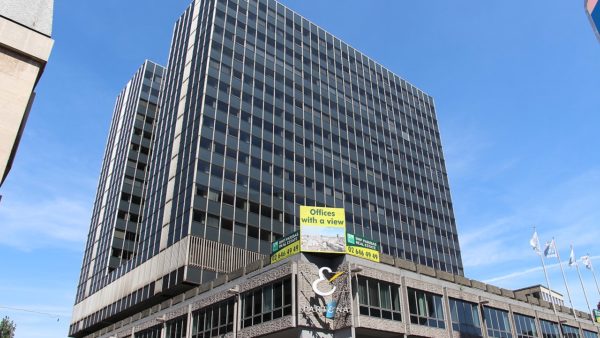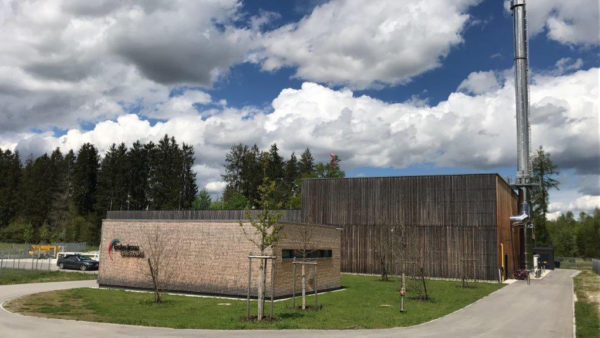Microsoft’s Vietnamese subsidiary has undertaken to fit Ho Chi Minh City with its Office suite of programs, to be delivered by cloud computing and mobile devices by 2020. In addition, it will fit it out with an e-government system and radically upgrade the ITC capability of schools.
Under the agreement, signed with the city council on Saturday, the municipal authorities and the US firm will install the infrastructure backbone of a smart city IT system, train Vietnamese technicians to run it and upgrade the city’s schools.
The move is intended to make the city more resilient in the face of Vietnam’s continuing urbanisation, which is putting increasing pressure on the city’s existing transport, education and healthcare infrastructure.Â
Ho Chi Minh City had a population of 6.1 million in the 2004 census, and that is expected to reach 13.9 million by 2025. There are also thought to be about 2 million rural migrants who do not appear in government statistics.
As with other areas around the world, most notably China and India, the smart city model is being seen as the built environment solution to urbanisation because it allows more efficient urban management.Â
Speaking at the signing ceremony, Vu Minh Tri, the general manager of Microsoft Vietnam, said: “Through the memorandum of understanding signed today, Microsoft is committed to support Ho Chi Minh City to build Smart city model successfully, which will bring great changes to its machinery of government and citizens’ lives.”
Microsoft is to offer its Office 365 applications, which is the familiar bundle of programs accessible through cloud computing, thereby obtaining a large number of new customers. As part of the agreement, the authorities have agreed to help the software giant prevent piracy by implementing an intellectual rights policy. The education element is part of Microsoft’s Shape the Future initiative, which is aimed at public sector customers around the world.
Microsoft launched its smart cities initiative in July last year. In April, it was announced that the Gujarati city of Surat would be a test of its technology, and work began on fitting it with an enhanced IT architecture in May.Â
The provision of smart city packages is becoming ever more competitive. As well as Microsoft, other IT giants such as IBM are developing and marketing their own solutions. Meanwhile, telecoms companies such as Cisco Systems and engineers such as Siemens are also developing smart city packages.






